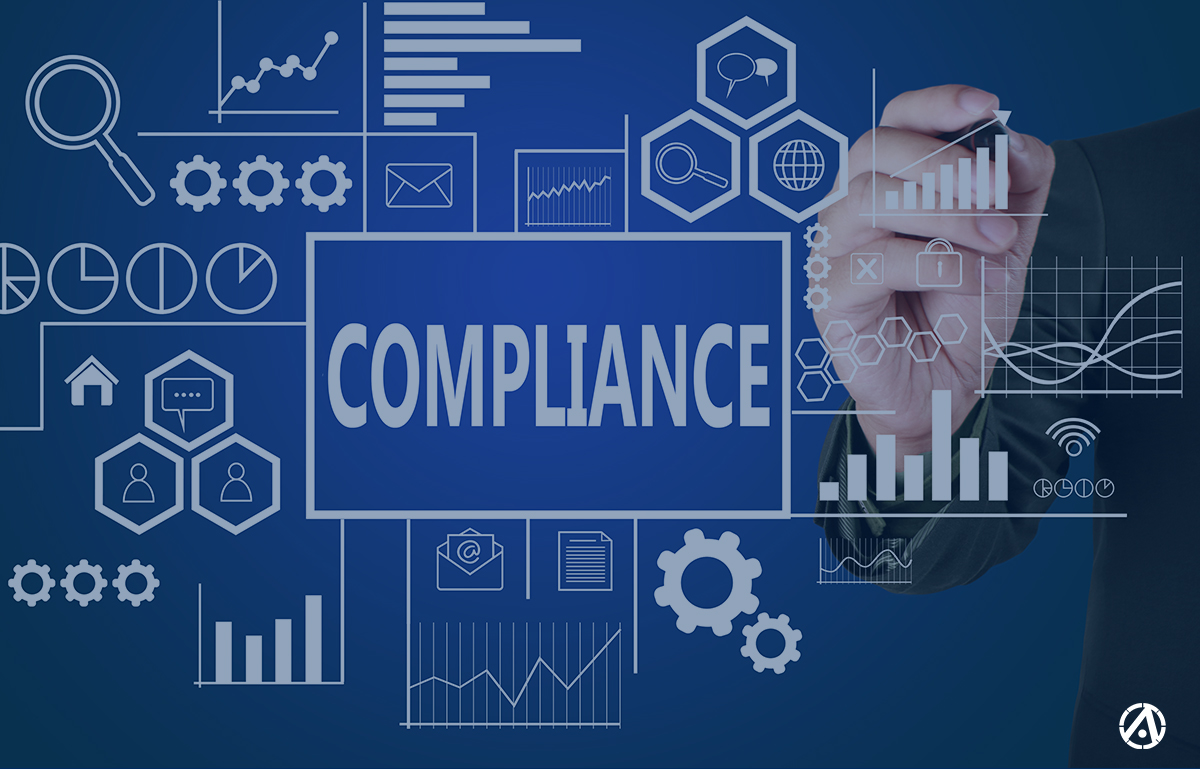As companies move from hard-copy documents and manual processes to electronic documents and automation, document management solutions have become more commonplace. While they offer considerable improvements in accessibility and convenience, these systems do come with concerns about data security. Software developers must ensure that their solutions feature appropriate security controls, and companies that are looking to adopt these solutions must ensure that they meet regulatory requirements.
Privacy, Security, and Confidentiality Concerns Regarding Electronic Document Management
When evaluating a document management solution, companies need to have confidence that the information they store on the platform will remain secure. When choosing a vendor, they often ask about:
- Physical security measures, such as data centers and hosting services
- Access control measures, approval workflows, and audit conformance
- Encryption technologies
- System monitoring and incident notification procedures
- Vulnerability testing for web applications and remote document access tools
For sales and product teams, responding to these inquiries can be time-consuming. One way that document management vendors can more easily respond to these requests is to present prospects with a formal SOC report or similar security attestation. These documents not only outline each of the policies and processes, but also the controls, that a company has in place; they can be shared with prospects as an easier way to determine if the platform meets their privacy and security needs.
SOC reports include an independent service auditor’s opinion on the design and operating effectiveness of these controls. These third-party assessments provide a higher level of assurance than a vendor simply stating that their platforms are secure. In a competitive marketplace, this can help organizations position themselves as a trusted leader in privacy, security, and confidentiality.
Managing Demand for Multiple Compliance Initiatives
Document management solutions can be used across a variety of industries – but each of these industries may have different requirements when it comes to cybersecurity and compliance. To earn a healthcare organization’s business, a vendor may need to demonstrate compliance with HIPAA or the HITRUST CSF®. Government agencies, on the other hand, may request proof of compliance with the NIST CSF. Other standards that apply to the document management industry include ISO 27001, GDPR, and – for cloud-based document storage solutions – CSA STAR.
Managing these wide-ranging initiatives – especially with limited resources – is one of the major compliance challenges facing the document management industry. While many companies are willing to invest in security to strategically position themselves in a new market, it can be costly to complete every single assessment that a client requests. Additionally, the process of collecting documentation, completing on-site interviews, and going through the formal audit process can be time-consuming – especially when repeated for multiple assessments.
To reduce the overall cost of compliance, document management organizations can complete several initiatives at the same time. Many security frameworks cover similar areas; as a result, well-designed policies and practices can cover most requirements across the board. When the same evidence is used to satisfy multiple requirements, the process becomes faster and more efficient.
Prioritizing Compliance Initiatives by Their Impact
Any compliance assessment – whether integrated or stand-alone – requires a solid business case. A vendor may need to complete an audit to secure a high-dollar contract or to position themselves as a leader in a specific industry. For instance, document management companies that are looking to gain market share in the healthcare industry, higher education industry, or public sector can leverage compliance to help meet their goals for growth.
Making Sense of Cybersecurity and Compliance Without a CISO
Another challenge: the expertise of a Chief Information Security Officer, Data Protection Officer, or Audit Manager makes compliance easier. However, small and mid-size document management companies rarely have an internal compliance team – and even a larger enterprise vendor may not have the resources to oversee a large-scale audit.
For assistance, document management organizations can leverage the expertise of an external assessor. A cybersecurity and compliance firm can work with a company’s internal teams, including IT, HR, and Operations, and provide tailored guidance on everything from surveillance and intrusion detection systems to data encryption methodologies. Document management software companies can learn how their security posture measures up to that of their competitors, while finding new ways to use best practices to their advantage.
360 Advanced Can Help You Navigate Cybersecurity and Compliance for the Document Management Industry
With more than 10 years of experience in cybersecurity and compliance, 360 Advanced can help you adapt to changing requirements and consumer expectations. Having worked with some of the industry’s leading document imaging and workflow automation companies, our auditors can help you determine which initiatives make the most sense for your business, then guide you through each step of your engagement.
To learn more about our cybersecurity and compliance services for the document management industry, contact us today.

